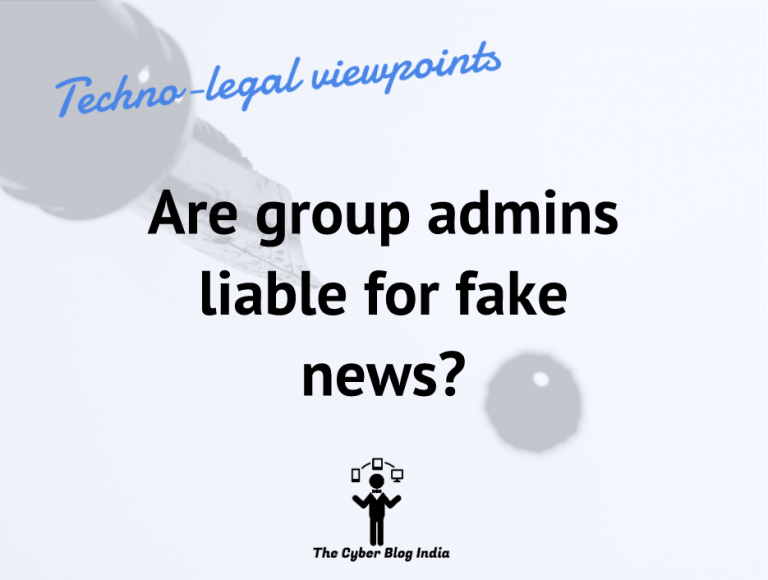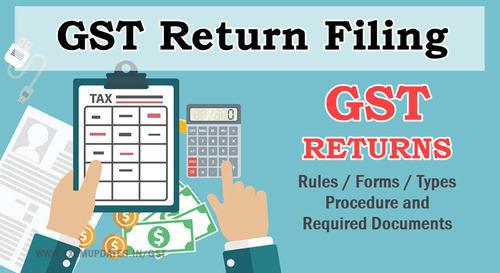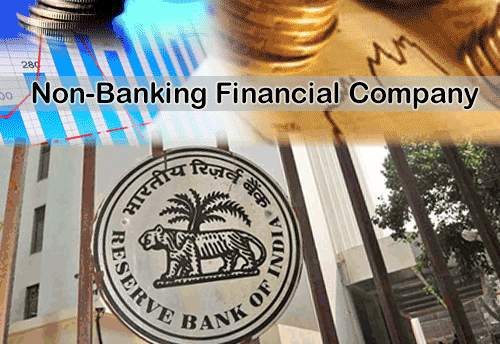MALLYA’S DEFIANCE PROMPTS SEBI TO SEEK AMENDMENT IN COMPANIES ACT – BUSINESS STANDARD
Sebi has now proposed that the Companies Act should also clearly mention that a person should vacate the office of a director if it orders his or her disqualification.
Capital markets regulator Sebi has asked the government to amend the Companies Act to ensure that a director declared by it as a disqualified person should immediately vacate the position, a plea triggered by defaulter businessman Vijay Mallya’s reluctance to do so.
Under the Companies Act, the office of a director becomes vacant in case of he or she being disqualified by an order of a court or a tribunal, among other reasons, but there is no explicit mention of an order by the Securities and Exchange Board of India (Sebi), which is mandated with regulation of thousands of listed firms in India.
In a proposal, Sebi has now proposed that the Companies Act should also clearly mention that a person should vacate the office of a director if it orders his or her disqualification.
Officials said the Finance Ministry is in agreement with Sebi on the proposed amendment and has asked the regulator to get it approved by its board and subsequently forward it to the Corporate Affairs Ministry, which is the nodal ministry for the Companies Act.
In its proposal, Sebi has referred to its interim order dated January 25, 2017, through which the regulator had barred Mallya and six others from holding directorship in any listed company till further directions.
The Sebi order followed a probe into alleged illegal fund diversions at United Spirits Ltd, an erstwhile firm of business group headed by Mallya which he had later sold to global liquor giant Diageo. Mallya and others were also barred from the securities markets in the same order.
However, Mallya did not comply with the order by not stepping down as a director of United Breweries Ltd, another listed company of his group, for months.
Soon after the Sebi order, Mallya had also criticised Sebi in a series of tweets and had said the allegations of fund diversion were baseless and had alleged that he was a target of “witch hunt”.
After refusing to quit the United Breweries Board for months, Mallya finally ceased to be its director in August 2017, presumably after pressure from other directors. In case of United Spirits, he was asked by the new owner Diageo in April 2015 itself to quit the board for alleged fund diversion.
Mallya is facing a number of cases against him, including of loan default, and a court in the UK has already ordered his extradition back to India and the same was also approved by the British government last month.
Subsequently, 63-year-old Mallya, who had left India in March 2016 for the UK, has also filed an application for permission to appeal against the extradition order.
Explaining its rationale for seeking changes in the Companies Act, Sebi has said the fact that Mallya failed to comply with its direction has brought forward a “legal conundrum” in respect of whether Sebi has the power to enforce its direction when a director refuses to comply with the same.
At present, Sebi’s direction restraining a person from acting as a director is not a ground for vacation of his or her directorship under the existing provisions of Section 167 of the Companies Act, 2013.
Further, Sections 164, 167 and 169 of the Companies Act, dealing with appointment, vacancy and removal of directors, are administered only by the central government through the Corporate Affairs Ministry.
“These provisions have not been delegated to Sebi for administering them in respect of the listed companies,” the official said, citing the regulator’s proposal for the amendment in the law.
While Sebi is empowered to initiate adjudication proceedings under the Sebi Act for non-compliance of its directions in such cases, it can only be a penal proceeding for non-compliance and not for enforcement of the direction.
In view of these concerns, Sebi has proposed that the issue can be resolved by amending the Section 167 of the Companies Act to include “order of Sebi” as one of the grounds for vacation of office of a director.










